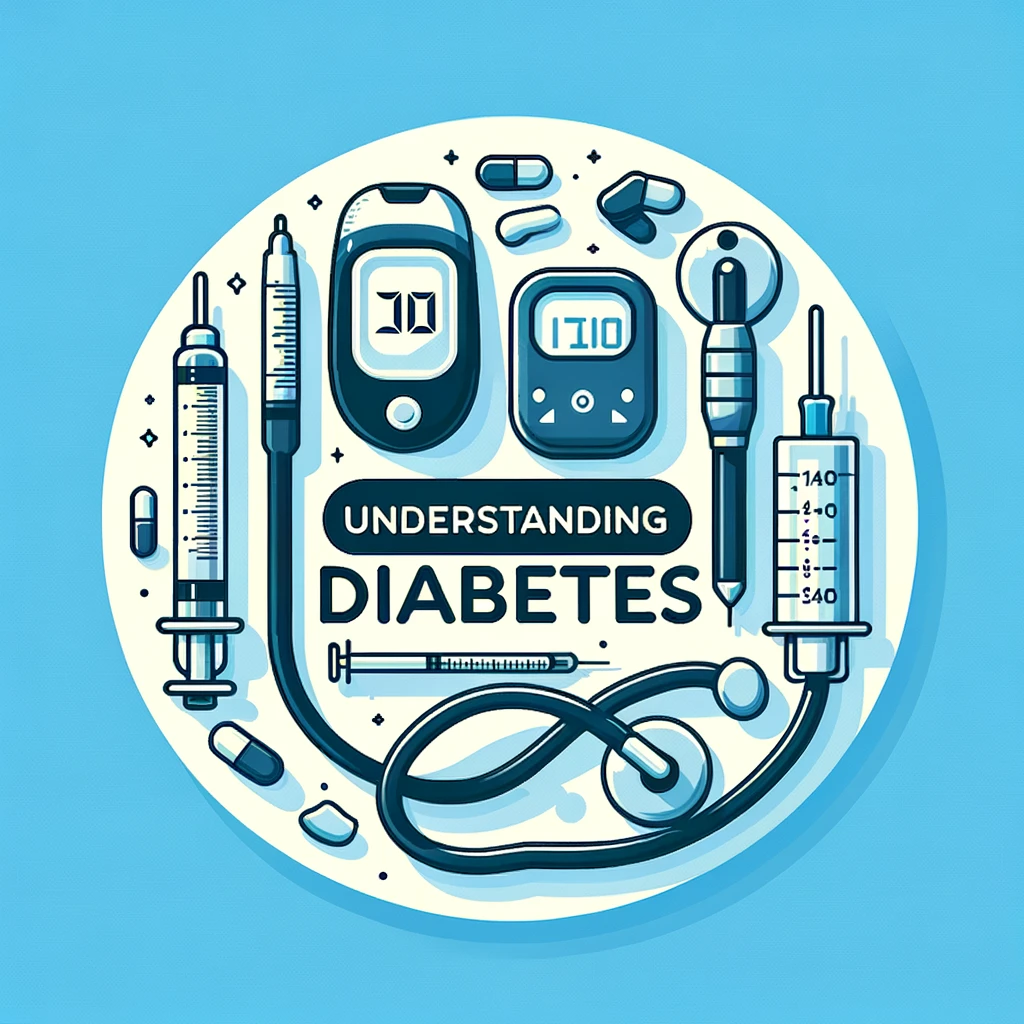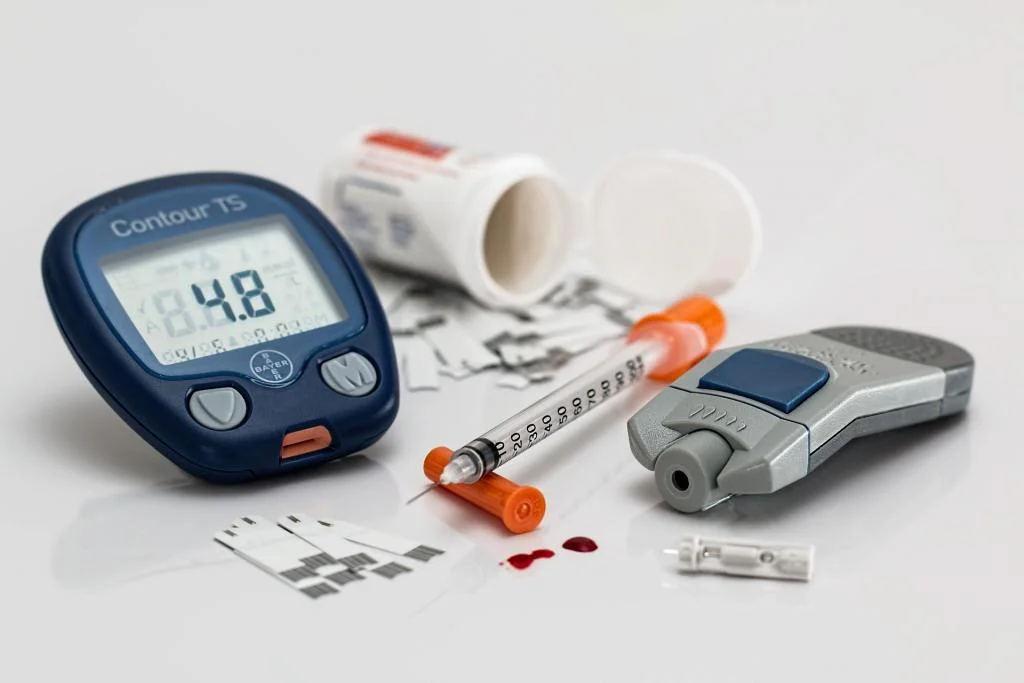
Table of Contents
Gestational diabetes is a condition that affects many pregnant women worldwide. It’s crucial to understand and manage this condition to ensure the health of both mother and baby. This article will explore the causes, risks, and management strategies for gestational diabetes, providing comprehensive insights to help expectant mothers navigate this challenging condition.
Understanding Gestational Diabetes
Definition and Occurrence
Gestational diabetes occurs when a woman without diabetes develops high blood sugar levels during pregnancy. It usually appears in the second trimester and disappears after childbirth, although it can increase the risk of developing type 2 diabetes later in life.
Differences from Other Types of Diabetes
Unlike type 1 and type 2 diabetes, gestational diabetes is temporary and specifically related to pregnancy. It results from hormonal changes and the body’s increased demand for insulin.
Causes of Gestational Diabetes
Hormonal Changes During Pregnancy
Pregnancy hormones can interfere with the body’s ability to use insulin effectively, leading to insulin resistance and high blood sugar levels.
Insulin Resistance
The placenta produces hormones that can cause insulin resistance, which means the body’s cells don’t respond well to insulin, increasing blood sugar levels.
Genetic Factors
A family history of diabetes can increase the likelihood of developing gestational diabetes, suggesting a genetic predisposition.
Risk Factors
Age and Gestational Diabetes
Women over the age of 25 are more likely to develop gestational diabetes, with the risk increasing with age.
Family History
A family history of diabetes can significantly increase the risk of gestational diabetes.
Obesity and Weight Gain
Being overweight before pregnancy or gaining excessive weight during pregnancy can heighten the risk.
Ethnic Background
Certain ethnic groups, including African American, Hispanic, Native American and Asian women, have a higher risk of gestational diabetes.
Previous Pregnancy-Related Conditions
Having gestational diabetes in a previous pregnancy or giving birth to a baby weighing more than 9 pounds increases the risk in subsequent pregnancies.
Symptoms of Gestational Diabetes
Common Signs to Watch For
Symptoms can include excessive thirst, frequent urination, fatigue and nausea. However, many women with gestational diabetes may not experience noticeable symptoms.
When to Seek Medical Advice
Regular prenatal visits are essential for monitoring and early detection. If you experience any unusual symptoms, contact your healthcare provider immediately.
Diagnosis
Routine Screening Procedures
Gestational diabetes is typically screened for between 24 and 28 weeks of pregnancy using a glucose challenge test.
Glucose Tolerance Tests
If the initial screening indicates high blood sugar, a glucose tolerance test will be conducted to confirm the diagnosis.
Monitoring Blood Sugar Levels
Regular monitoring helps manage blood sugar levels and ensures both mother and baby remain healthy.
Complications for the Mother
Pre-eclampsia
Gestational diabetes can increase the risk of pre-eclampsia, a condition characterized by high blood pressure and potential organ damage.
Increased Risk of Type 2 Diabetes Post-Pregnancy
Women with gestational diabetes have a higher risk of developing type 2 diabetes later in life.
Complications for the Baby
Macrosomia
High blood sugar levels can cause the baby to grow larger than average, increasing the risk of delivery complications.
Preterm Birth
Gestational diabetes can lead to premature birth, which can result in additional health challenges for the newborn.
Respiratory Distress Syndrome
Babies born to mothers with gestational diabetes are at risk for respiratory distress syndrome, a condition that affects lung function.
Risk of Developing Type 2 Diabetes Later in Life
Children born to mothers with gestational diabetes have a higher risk of developing obesity and type 2 diabetes as they grow older.
Management of Gestational Diabetes
Dietary Changes and Guidelines
A balanced diet is crucial for managing gestational diabetes. Focus on eating a variety of healthy foods, including fruits, vegetables, whole grains and lean proteins.
Importance of Physical Activity
Regular physical activity helps regulate blood sugar levels and supports overall health during pregnancy.
Medication and Insulin Therapy
If diet and exercise are not enough to control blood sugar levels, medication or insulin therapy may be necessary.
Monitoring and Tracking Blood Sugar Levels
Regularly checking your blood sugar levels is essential for managing gestational diabetes effectively.
Dietary Recommendations
Balanced Diet Principles
Include a mix of carbohydrates, proteins and fats in your meals. Eat smaller, more frequent meals to maintain stable blood sugar levels.
Foods to Avoid and Include
Avoid sugary foods and beverages and limit processed foods. Focus on whole foods like vegetables, fruits, lean meats, and whole grains.
Meal Planning Tips
Plan your meals to include a variety of nutrients. Consider working with a dietitian to create a personalized meal plan.
Exercise and Physical Activity
Safe Exercises for Pregnant Women
Walking, swimming and prenatal yoga are excellent low-impact exercises for pregnant women.
Benefits of Staying Active
Physical activity helps regulate blood sugar levels, reduces stress and prepares the body for childbirth.
Guidelines for Exercise Routines
Aim for at least 30 minutes of moderate exercise most days of the week. Always consult with your healthcare provider before starting any new exercise regimen.
Medical Treatment
When Medication is Necessary
If diet and exercise alone are insufficient, your doctor may prescribe medication or insulin to manage your blood sugar levels.
Types of Insulin and Their Use
Different types of insulin may be used to manage gestational diabetes, including rapid-acting, short-acting, and long-acting insulin. Your healthcare provider will determine the best type for your needs.
Monitoring Blood Sugar Levels
How to Check Blood Sugar at Home
Use a blood glucose meter to check your blood sugar levels regularly. Keep a log of your readings to share with your healthcare provider.
Importance of Regular Monitoring
Consistent monitoring helps manage your condition and reduce the risk of complications.
Postpartum Care
Follow-Up Testing for Mother and Baby
After delivery, both mother and baby should be monitored for any lingering effects of gestational diabetes.
Long-Term Health Considerations
Continue to monitor your health and maintain a healthy lifestyle to reduce the risk of developing type 2 diabetes.
Prevention Strategies
Healthy Lifestyle Choices
Maintain a balanced diet, exercise regularly and manage your weight to help prevent gestational diabetes.
Pre-Pregnancy Health Planning
If you plan to become pregnant, consult with your healthcare provider to ensure you are in optimal health before conception.
Conclusion
Gestational diabetes is a manageable condition with the right approach. By understanding the causes, risks, and management strategies, expectant mothers can ensure a healthy pregnancy for themselves and their babies. Always consult with healthcare professionals to develop a personalized plan that suits your needs.
FAQs
What are the main causes of gestational diabetes?
Hormonal changes during pregnancy, insulin resistance and genetic factors are primary causes.
How can gestational diabetes affect my baby?
It can lead to complications such as macrosomia, preterm birth and respiratory distress syndrome.
What are the best ways to manage gestational diabetes?
Dietary changes, regular physical activity, medication or insulin therapy and regular blood sugar monitoring are effective management strategies.
Can gestational diabetes be prevented?
Healthy lifestyle choices and pre-pregnancy health planning can help reduce the risk of developing gestational diabetes.
What should I do after my pregnancy if I had gestational diabetes?
Follow up with your healthcare provider for postpartum testing and continue healthy lifestyle practices to reduce the risk of type 2 diabetes.



